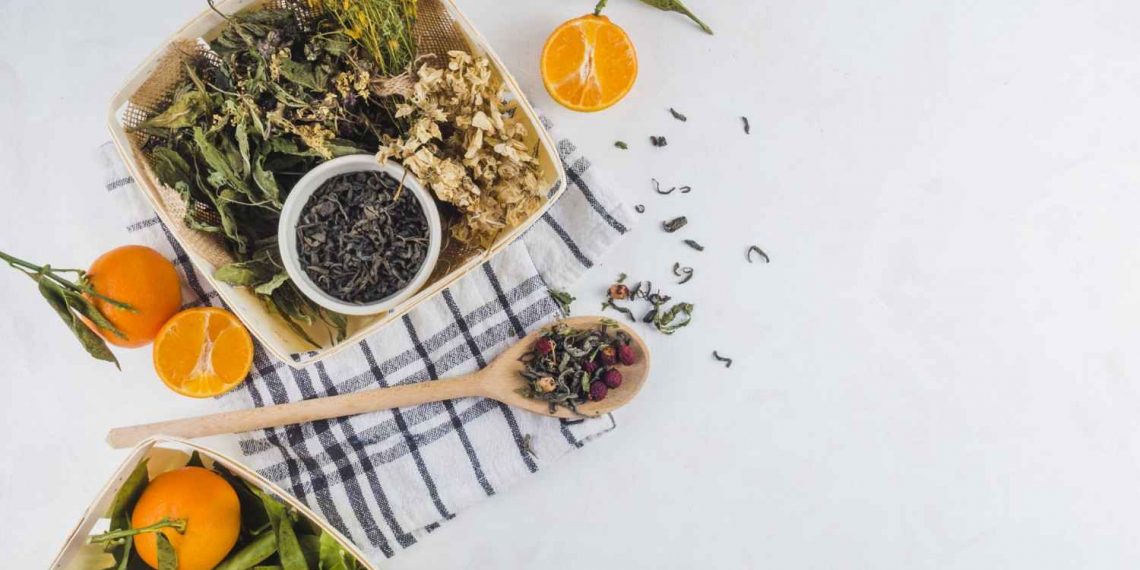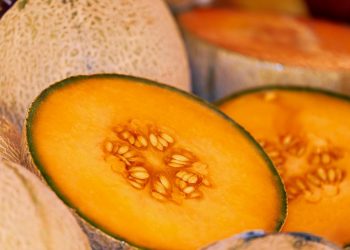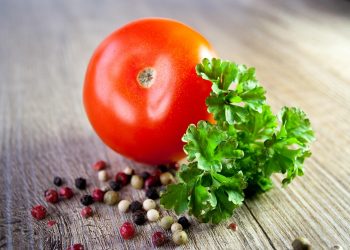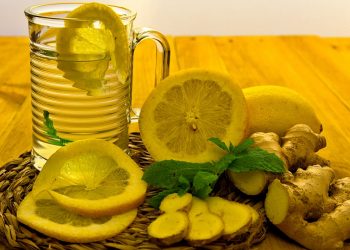Contents
The Importance of Nutrition Education in Maryland’s SNAP-Ed Program
Maryland’s SNAP-Ed program is crucial for empowering low-income families to make healthier food choices. However, this vital program is set to end on October 1 due to federal defunding, which poses a serious threat to numerous nutrition education resources designed specifically for SNAP participants.
Understanding SNAP-Ed: A Lifeline for Nutrition
SNAP-Ed stands for Supplemental Nutrition Assistance Program Education. It’s much more than just a support system—it’s a lifeline for low-income households. Aiming to improve the health of Maryland’s most vulnerable populations, SNAP-Ed focuses on empowering families to choose nutritious foods. Through educational workshops, community gardens, and partnerships with schools, this program has made significant strides in promoting healthier eating habits.
What’s at Stake?
The impending closure of the Maryland SNAP-Ed program isn’t just about numbers—it represents lost opportunities for education and community engagement. With this shutdown, approximately 70 employees will lose their jobs. Those educators, like Amy Callahan, play a pivotal role in bridging the gap between nutritious options and families who need them most. “We collaborate with Food and Nutrition Services to champion fruits and vegetables in school cafeterias,” Amy explains. The impact of this loss extends far beyond employment; it jeopardizes the health prospects of thousands in the Baltimore region.
Beyond the Cafeteria: The Baltimore Region’s Needs
In Baltimore, SNAP-Ed partners with over 30 public schools and numerous community organizations, including Judy Centers, food pantries, and farmers’ markets. This collaboration enhances access to healthy food options for families struggling with food insecurity.
SNAP-Ed educators also play a vital role in connecting local farmers with SNAP beneficiaries, making sure hard-earned benefits translate into fresh, locally grown produce. “In 2024, we reached around 9,000 participants through direct educational outreach,” says Amy. This outreach provided over 2,100 hours of crucial nutrition education, benefiting families eager for healthier lifestyles.
What Will Maryland Lose Without SNAP-Ed?
Without the SNAP-Ed program, the ramifications will ripple through the community. Here’s what will be lost:
- Job Loss: The closure means 70 jobs will disappear, stripping communities of dedicated professionals who work tirelessly to improve public health.
- Educational Resources: Numerous nutrition classes and workshops will cease, leaving families without guidance in making healthier choices.
- Community Partnerships: Many schools and local organizations rely on SNAP-Ed’s expertise to support their wellness initiatives, thereby facing setbacks in their programming.
How Maryland SNAP-Ed Operates
Maryland’s SNAP-Ed operates under the University of Maryland Extension, functioning on federal funding—funding that will no longer exist after October 1. Changes instituted by recent legislation have significant implications for community health education. As Lisa Lachenmayr, the director of Maryland SNAP-Ed, puts it, “Our work goes beyond nutrition; it fosters a sense of community and well-being.”
A Glimmer of Hope
Despite the impending shutdown, those remaining in the program are focused on ensuring that resources continue to be available online. “We’re working hard with our partners to keep some materials accessible,” Lisa assures.
What can you do? Engaging with local community organizations and advocating for nutritional education programs are ways to help fill the void that SNAP-Ed will leave behind.
Bringing Awareness
It’s crucial for you to recognize the importance of programs like SNAP-Ed. Resources provided by such programs help families acquire essential skills to lead healthier lives. From educational workshops focusing on cooking healthy meals on a budget to establishing community gardens, these initiatives positively impact families and communities.
The Ripple Effect of Nutrition Education
Nutrition education is about more than just teaching families how to fill their plates. It’s about empowering them to envision a healthier future. When people learn how to prepare meals that are not just nutritious but also delicious, they ultimately take control of their health. They begin to instill those values in their children, fostering a new generation that prioritizes well-being.
Supporting Your Community
The time to get involved is now. Here’s how you can take action:
- Advocate: Contact your local representatives. Let them know how important nutrition education is to you and your community.
- Volunteer: Join community organizations that support nutrition education and food access.
- Share Information: Spread the word about available resources and programs. Awareness is key to keeping these initiatives alive.
The Bottom Line
The shutting down of Maryland’s SNAP-Ed program is a significant loss for community health and well-being. By championing nutrition education, we can empower families to make informed choices and uplift our communities. Let’s face the future together, advocating for healthier options for every household.
Engage with your community. Advocate for nutrition education. Make a difference today.
FAQs
1. What is SNAP-Ed?
SNAP-Ed provides nutrition education to low-income families to help them make healthier food choices and access nutritious meals.
2. Why is SNAP-Ed important?
It equips families with essential skills to improve their health through nutrition, significantly impacting public health outcomes.
3. How can I help support nutrition education in my area?
You can advocate for local programs, volunteer with related organizations, or simply spread the word about available resources.
By understanding the value of programs like SNAP-Ed, you can play a part in creating healthier communities. Let’s unite to support nutrition education that can transform lives for the better.
Get Your FREE Natural Health Guide!
Subscribe now and receive our exclusive ebook packed with natural health tips, practical wellness advice, and easy lifestyle changes — delivered straight to your inbox.













